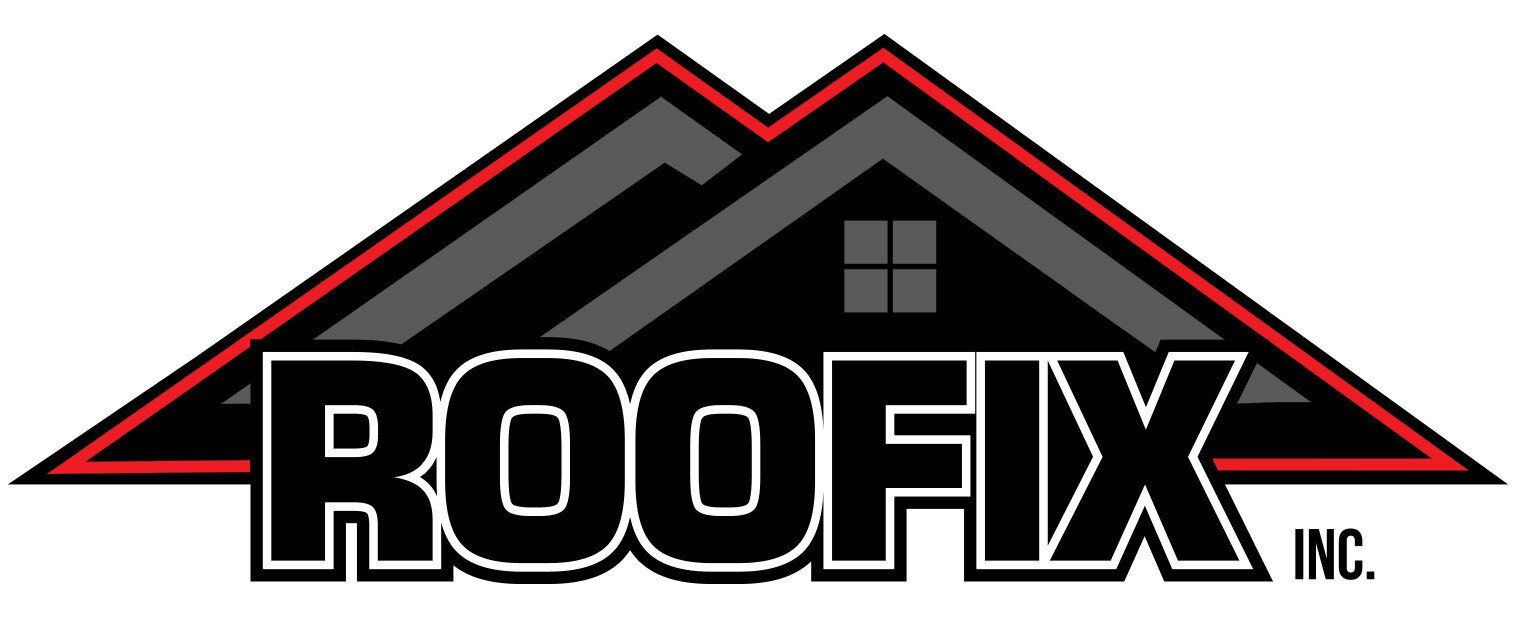Solar Panels and Roofing: What You Should Know
A Guide to Integrating Solar Panels with Your Roofing System
Integrating solar panels into residential and commercial roofing has become increasingly popular, especially in regions with abundant sunshine. Solar panels offer an eco-friendly energy source and reduce electricity bills significantly. However, before jumping on the solar bandwagon, it's essential to understand how solar panel installation impacts your roof. Here's what you should know:
Roof Condition and Suitability
Before considering solar panels, assess the condition of your roof:
- Age and Durability: If your roof needs replacing soon, it's best to do so before solar panel installation. Solar panels have a long lifespan, and installing them on a roof that won't need repairs or replacement soon is more cost-effective.
- Material and Structure: Some roofing materials, like asphalt shingles and metal, are more conducive to solar panel installation than slate or wood tiles. The roof's strength is also crucial to support the additional weight of the panels.
- Orientation and Shade: Solar panels require specific conditions to be efficient. Roofs with south-facing slopes that receive minimal shade are ideal.
Installation Impact
Understanding the installation process and its impact on your roof is vital:
- Penetration vs. Non-Penetration: Traditional solar panel installations involve drilling holes into the roof, potentially leading to leaks if not done correctly. However, there are non-penetrative options like ballasted solar systems, particularly for flat roofs.
- Professional Installation: Always opt for skilled, experienced solar installers. They understand how to install panels without compromising your roof's integrity and can navigate the complexities of wiring and panel placement.
Maintenance Considerations
Post-installation, both your roof and solar panels will require maintenance:
- Accessibility: Solar panels can make certain roof areas hard to reach. Regular cleaning and maintenance of the roof and panels are necessary for optimal performance and longevity.
- Monitoring for Damage: Monitor any potential damage from environmental factors. Professional inspections are recommended, especially after severe weather events.
Financial Aspects and Incentives
The economics of solar panel installation can be a decisive factor:
- Initial Investment vs. Long-Term Savings: While the upfront cost can be significant, solar panels offer long-term savings on energy bills and can increase property value.
- Tax Credits and Incentives: Many regions offer tax incentives, rebates, or grants for solar panel installation, making it a more financially viable option.
Building Codes and HOA Regulations
Be aware of the legalities:
- Permits: Most localities require permits for solar panel installations. Ensure you or your installer obtain these beforehand.
- HOA Rules: If your home is part of a homeowners' association, check their regulations regarding solar panel installations.
Conclusion
Integrating solar panels with your roofing system can be a wise environmental and financial decision. However, it's crucial to consider your roof's condition, the installation process, ongoing maintenance, financial considerations, and legal requirements. With proper planning and professional help, solar panels can be a valuable addition to your property, contributing to a greener future and energy savings.

